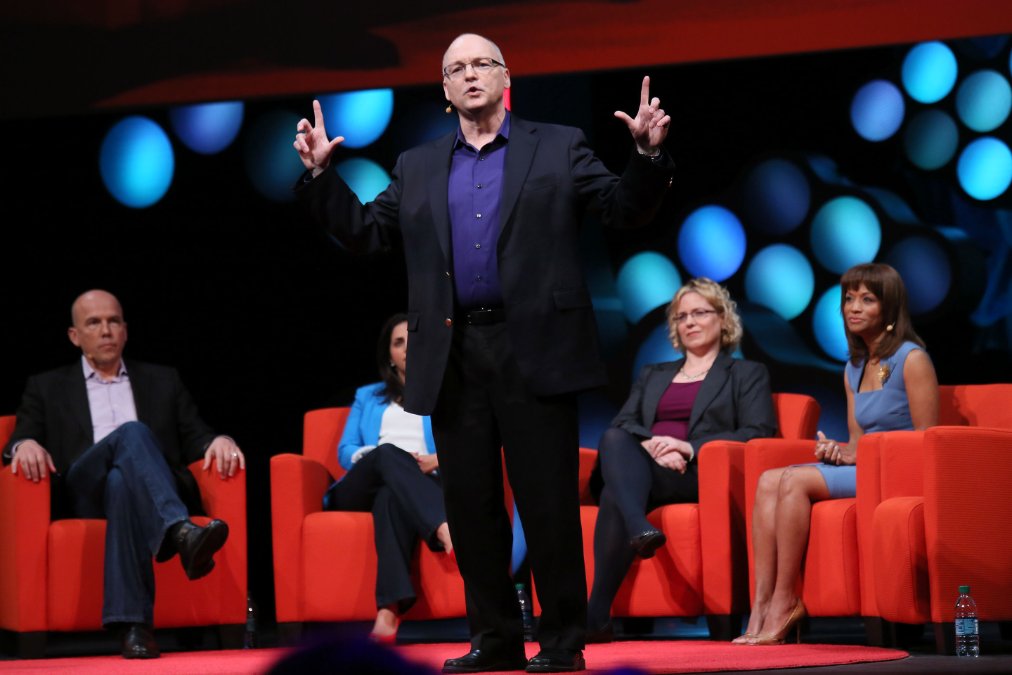Originality, creativity and divergent thinking are assets. They enable people to spot opportunities for improvement or profit, spawning inventions and innovations. Phrased differently, it could be said that creativity allows people to take advantage of a situation in a way that suits them, resulting in societal benefits or detriments. Henry Ford revolutionized the American manufacturing landscape with the Model-T assembly line, while John D. Rockefeller’s created the Standard Oil Monopoly through a brilliant combination of vertical and horizontal integration, resulting in the creation of anti-trust laws to protect the interests of the American public. Both employed incredible creativity when acquiring their wealth, but with different impacts on society.
As such, a recently Harvard study, titled “The Dark Side of Creativity: Original Thinkers Can Be More Dishonest”, shows that creative people have a propensity for unethical behavior when compared with linear thinkers. There are many possible explanations for these findings, from imaginative people can concoct an unusually eloquent justification for their actions–something akin to a great defense attorney–to linear thinkers are more honest because they can’t get away with being dishonest. The motivation likely depends on the situation and person, but creativity can lead to opportunity.
Ultimately this study shouldn’t be viewed as a condemnation of creativity. Rather, it is a testament to the responsibility people have when applying their imagination. So if at some point today you are feeling particularly creative, remember, “with great power comes great responsibility.”
http://hbswk.hbs.edu/item/6613.html

Jeff DeGraff is the Dean of Innovation – an author, speaker, and advisor to Fortune 500 companies and mission-driven organizations worldwide. He’s the CEO and Founder of Innovatrium, Founder of Intellectual Edge Alliance, and Clinical Professor of Management and Organizations at the Ross School of Business at the University of Michigan. Jeff co-created the Competing Values Framework and developed the Innovation Code and Innovation Genome methodologies which provide organizations with practical tools to reconcile competing priorities and drive breakthrough performance. His mission is the democratization of innovation: making systematic innovation accessible to everyone, everywhere, every day.
